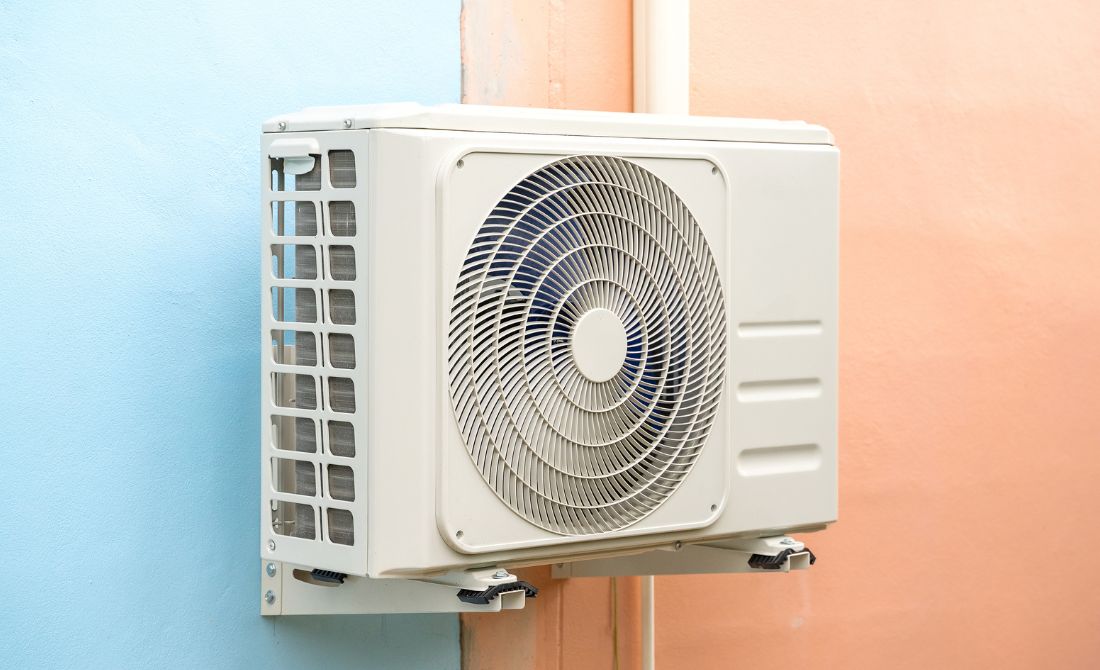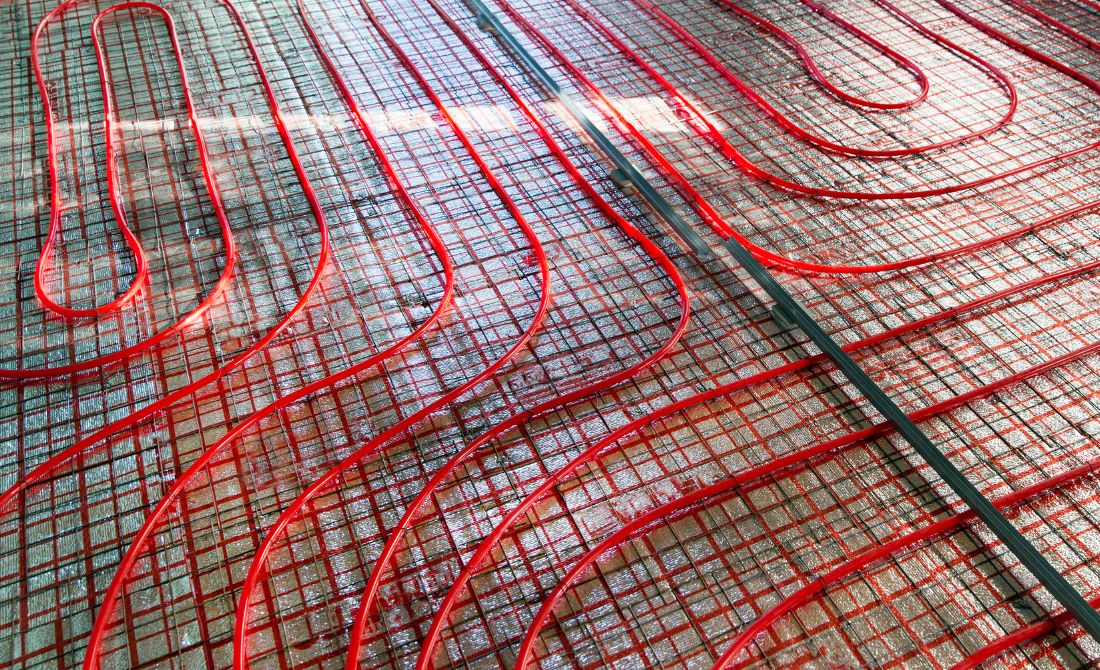Warm Home Hacks – Tips to Save you Money
With typical energy bills doubling since this time last year, everyone is looking for solutions to stay warm for less.
The Government stepped in to save households money on their energy bills this winter through the Energy Price Guarantee and Energy Bill Support Scheme.
However, if you’re worried about covering your energy bills when this support reduces from 31st March 2023, you’re not alone.
Why are energy bills so high currently?
In January 2019 Ofgem introduced the price cap following concerns that many people were paying too much for their energy. You may have heard that this cap is a maximum you can pay for your energy, but this simply isn’t true.
Demand for gas increased in 2021 during the pandemic, which started an energy crisis. Short supply caused a rise in prices, and then Russia’s invasion of Ukraine has since threatened gas supplies, exacerbating the problem further and driving prices even higher.
To help make energy bills more affordable, the UK Government replaced them with the energy price guarantee, to set the maximum price of a single kWh of gas and electricity at a lower price. Despite this intervention, energy bills have still almost doubled since last winter.
Energy bills are set to rise again in April 2023, and Ofgem will be reviewing the price cap every 3 months.
What can you do to help?
There are lots of things you can do at home; from free or low-cost tricks you can implement yourself, to bigger investments that could save you money long-term to help you keep warm and lower your energy bills.
Meter readings:
- By submitting regular meter readings to your supplier, you can ensure your energy bills are accurate. If you have a smart meter, this automatically send a meter reading monthly. Either way, this ensures that your bill is based on actual usage rather than an estimate.
Keep the heat in:
- Don’t block radiators with furniture, curtains, or radiator covers – this will only make your heating less effective.
- Fit draft proofing strips to windows and doors to keep the heat in and the cold out.
- Add rugs to keep drafts out from bare floorboards, and thermally lined curtains at windows. It’s important to not block the heat coming from radiators so it can still get into the room.
- Keep internal doors to rooms closed, and use draft excluders in typically colder places like the hallway.
- Use foil panels behind radiators situated on uninsulated external walls to reflect the heat back in and reduce heat loss.
- Use a chimney balloon for fireplaces that don’t utilise an open fire.
- Add extra insulation to your hot water tank by using a hot water jacket to keep the water warmer for longer, especially for older cylinders with only 25mm foam coating.
- Reduce heat loss from your water pipes by adding foam lagging, this can help if you’re waiting a long time for your water to heat up.
- Consider insulation. Cut back on heat waste with additional insulation in your roof, ensuring it’s up to the recommended level of 270mm. Also, adding cavity wall insulation by a professional can reduce your heating bills. Almost a third of heat in an uninsulated home is lost through walls.
Energy bills will be lower in a well-insulated house that uses less energy, and you might even be able to turn your heating down.
Know your boiler:
- Get to know your heating controls. By familiarising yourself with your boiler, you have the knowledge to turn on the heating when you specifically need it and adjust it to suit your needs.
- Installing a Smart thermostat to operate your heating from your phone when not at home to avoid wasted heat. Also, thermostatic radiator valves enable you to adjust the heat accordingly in each room as required, and can save you money in the long run.
- Upgrade your boiler, a new boiler can save up to 20% on your energy bills which will reduce your monthly bills. Contact us today for a free quote.
- Turn off your gas boiler when you don’t need it, or just use it to heat the rooms you’re using. It can be more cost effective to reheat your home than keeping the heating on low all day when you’re not there. The only exception for this is if you have a heat pump, as its more cost effective to leave this running continuously at a low heat.
- Some people have chosen to turn the boiler’s flow temperature down. Before you make any adjustments, it’s always a good idea to take a photo or make a note of how everything’s currently set in case you ever want to change it back. Every home and heating system is different, and there’s a risk that the house, or some rooms in it, won’t get warm enough if you turn your flow temperature down. But reducing the flow temperature on a combi boiler can save you money without affecting the temperature of the hot water. However, if you have a hot water tank, it must not be set lower than 65 degrees to avoid bacteria growth. For further information, please look at the Energy Saving Trust’s website.
Take care of your heating:
- Bleed your radiators to reduce cold spots caused by trapped air, ensuring you check the pressure of your heating afterwards. The pressure gauge located near to your boiler should be between 1.0 – 1.5 bar ideally.
- Get your boiler serviced annually with Lewington’s. If its not maintained, it could become less efficient, sludge can build up in the system, and you risk more costly repairs in the long-term. If you’re in a rental property, it’s the landlord’s legal responsibility to arrange a gas safety check for all gas appliances within the property each year.
- Service your appliances in the summer, so then if we find an issue, the summer is the best time to deal with it.
- Upgrade to renewable energy. As experts in this field, we can install a wide range of products. Now is a great time to invest and reduce your bills.
For further tips and information, The Energy Savings Trust have produced a guide to staying warm and saving you money this winter, you can read or download it here.



